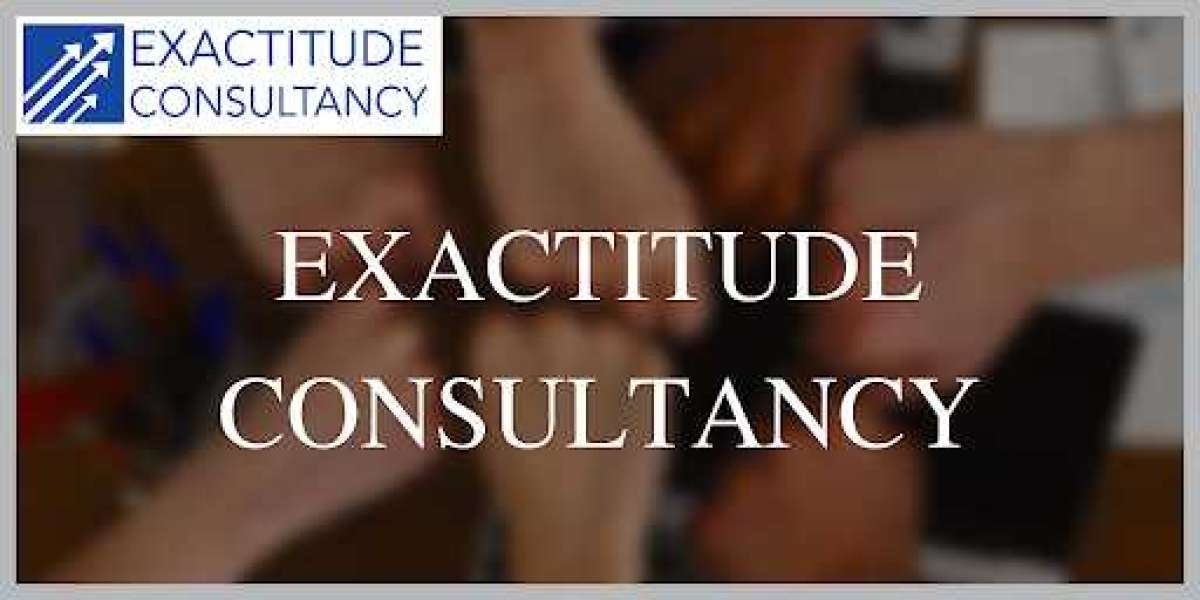- Establish your personal credibility by finishing what you start and follow up on advice.
The trend today is for people to change jobs every 18 months to two years. What often happens in San Antonio human resources is that a new person arrives and makes changes but leaves before the changes have been embedded and measured. The next person comes and makes more changes (often back to the way it was before) but leaves before that change is embedded also.
We are not able to be effective in our practice of managing human resources because change, no matter how large or how small, takes time to embed and often requires more than 18 months. Measuring results will also require time. I believe to become a fully mature human resource professional you need to see change embedded and measured and be willing to stay in your job long enough to see this happen.
A large part of our job is to give advice to managers on what to do in a specific situation. I have noticed many HR professionals willingly give advice when asked for help but never go back to see what the outcome of the advice was and to help the manager with the next steps in the process.
If we check back we may have an opportunity to coach and mentor managers further, and we also have the opportunity to reflect on the effectiveness of our advice and improve our own skills. Our aim should be to become unnecessary to managers as they become competent in people management themselves, not for them to be dependent on us to take charge of their people issues, so never lose an opportunity to coach and mentor by following up on advice.
Longevity in our jobs, following-up, and measuring the advice we give is a couple of simple ways to build our credibility.
- Getting the basics right first and establishing a tool kit of useful aids.
Many times human resource professionals concentrate on the wrong things. Instead of developing tools, policies, and processes from the bottom up, they take a top-down approach. This involves putting in elaborate performance measurement systems, organizational development strategies, climate surveys, etc. when the managers and workforce don't have the basic information or tools they need. To use Maslow's model they are working on the level of self-actualization, esteem, loving, and belonging instead of physiological and safety. Get the basics established first and then work up the pyramid to the 'nice to
Start with compliance such as a robust employment agreement, basic health, and safety policy, leave management, and a disciplinary policy. Then work through a 'should have' list to a 'nice to have' list thus working from bottom-up not top-down.
- Be approachable - a sounding board
In being approachable see yourself as providing a service to managers. This will result in managers knowing the value you can give and see HR as the first point of contact not the place of last resort. Many HR professionals get it wrong and come across as authoritarian.
We all make mistakes, no one is perfect. When an HR professional castigates a manager who has made a mistake they not only lose the manager's respect but any future prospects of those managers returning for advice and support. People learn from their mistakes, so take every opportunity with managers to coach and mentor in order for them to feel confident to seek input into difficult situations before they take action. I have seen managers avoiding asking HR for help in their day-to-day issues because of their past negative experiences.
HR professionals not only need to be approachable and a sounding board but they need to be skilled and knowledgeable in the advice given which means keeping up to date with changes in employment law and case studies relating to such changes. This is achieved by reading court decisions as that is where the interpretation of employment law happens. If you want to be skilled in employment relations, read case studies, attend seminars and be proactive in understanding what is happening in this area.
Be approachable, a sounding board, an expert, in order to establish a solid platform on which to extend the HR function.
- Know your place in the organization, understand your customers and meet their needs.
I believe HR is a service and in order to deliver an excellent service, HR professionals need to understand how the organization works, the role of management, finance, operations, marketing, sales, etc., and where HR fits in. This understanding is necessary if you want to add value and show the worth of the human resources function. Without this understanding human resources San Antonio is viewed with skepticism and as not adding any value.
In the human resource arena, everyone is your customer. Your most important customer and those who need to be looked after first is the senior managers. Get to know them and what information and service they want regarding the workforce and the team they are responsible for. Typically the information managers need most is in the area of HR metrics such as headcount, vacancies, skill gaps, and plans for filling these. If you have already got a way of reporting meaningful headcount information (not from a financial point of view but from a people point of view) you will get far in being seen as a valuable asset to your organization.
- Be able to influence managers to ensure congruence between policy and practice.
Oftentimes the policies of an organization are at odds with the espoused strategy. Two examples come to mind. One organization was at the forefront of technology and had a relaxed culture, lounges, casual dress; in other words, an environment seen as nurturing the creative process. But they decided productivity wasn't high enough, that there was no sense of urgency, so they changed performance measures and expected these to be accepted by the employees. They were trying to focus on urgency and productivity while providing a relaxed environment. The two are incongruent.









